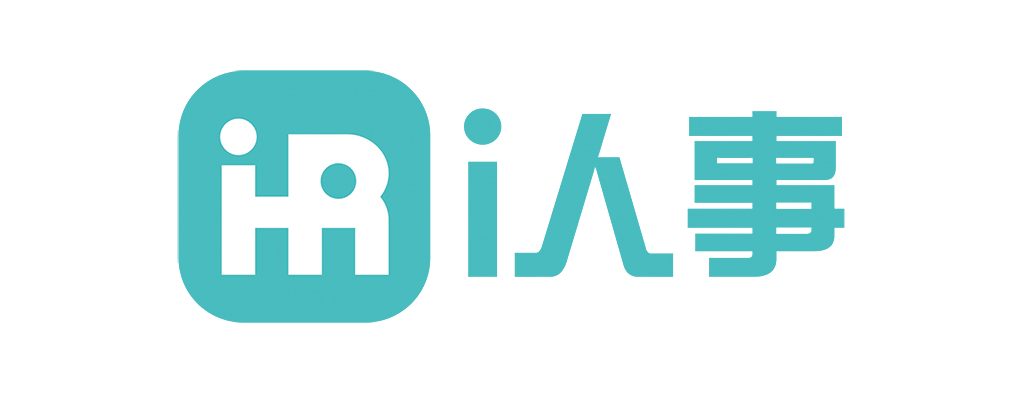
一、Understanding the Role and Responsibilities of a Supply Chain Director
The role of a Supply Chain Director is pivotal in ensuring the seamless flow of goods, services, and information from suppliers to customers. This position requires a comprehensive understanding of the entire supply chain process, including procurement, production, logistics, and distribution. The primary responsibilities include:
- Strategic Planning: Developing and implementing strategies to optimize supply chain operations.
- Vendor Management: Establishing and maintaining relationships with suppliers to ensure quality and cost-effectiveness.
- Inventory Control: Managing inventory levels to balance supply and demand.
- Logistics Coordination: Overseeing the transportation and storage of goods.
- Performance Monitoring: Analyzing key performance indicators (KPIs) to assess and improve supply chain efficiency.
二、Key Skills and Competencies Required
To excel as a Supply Chain Director, one must possess a blend of technical, managerial, and interpersonal skills:
- Analytical Skills: Ability to analyze complex data to make informed decisions.
- Leadership: Strong leadership skills to manage and motivate teams.
- Communication: Effective communication skills to liaise with various stakeholders.
- Problem-Solving: Aptitude for identifying and resolving issues promptly.
- Technical Proficiency: Familiarity with supply chain management software and tools.
三、Educational Background and Professional Certifications
A solid educational foundation is essential for a career in supply chain management:
- Degree Programs: A bachelor’s or master’s degree in supply chain management, logistics, or business administration is highly recommended.
- Professional Certifications: Certifications such as Certified Supply Chain Professional (CSCP) or Certified in Production and Inventory Management (CPIM) can enhance credibility and expertise.
四、Gaining Practical Experience in Supply Chain Management
Practical experience is crucial for understanding the nuances of supply chain operations:
- Internships: Gaining hands-on experience through internships in supply chain roles.
- Cross-Functional Projects: Participating in projects that involve multiple departments to gain a holistic view.
- Mentorship: Seeking guidance from experienced professionals in the field.
五、Handling Challenges and Problem Solving in Different Scenarios
Supply chain management is fraught with challenges that require adept problem-solving skills:
- Supply Chain Disruptions: Developing contingency plans to mitigate risks such as natural disasters or supplier failures.
- Cost Management: Implementing cost-saving measures without compromising quality.
- Regulatory Compliance: Ensuring adherence to industry regulations and standards.
- Technology Integration: Leveraging technology to enhance supply chain efficiency.
六、Career Development and Continuous Improvement
Continuous learning and development are key to staying relevant in the ever-evolving field of supply chain management:
- Professional Development: Attending workshops, seminars, and conferences to stay updated on industry trends.
- Networking: Building a professional network to exchange knowledge and opportunities.
- Performance Reviews: Regularly assessing and improving personal and team performance.
- Innovation: Encouraging innovation to drive continuous improvement in supply chain processes.
By understanding the role, acquiring the necessary skills, gaining practical experience, and continuously improving, one can aspire to become an exceptional Supply Chain Director.
原创文章,作者:IT_admin,如若转载,请注明出处:https://docs.ihr360.com/strategy/it_strategy/58916
